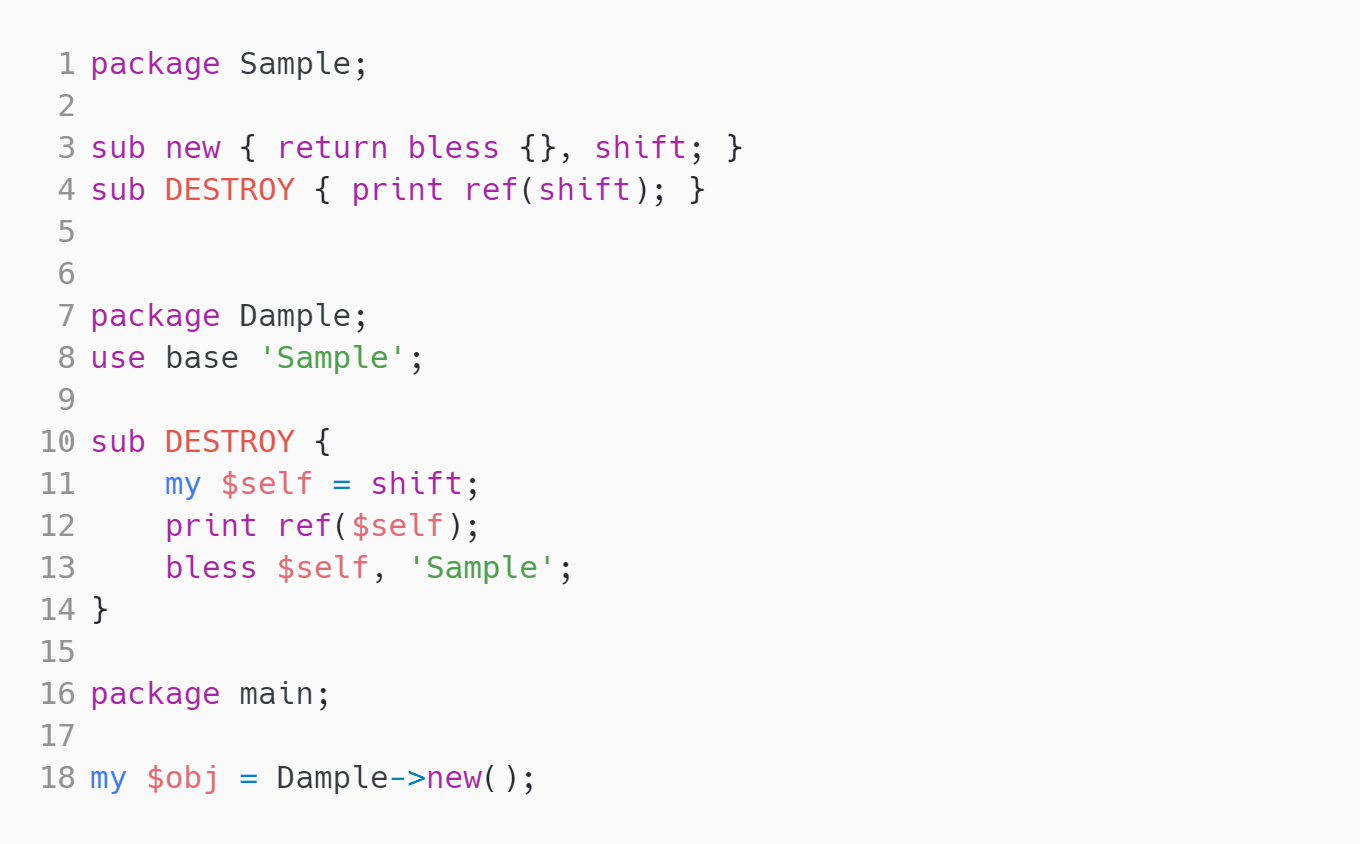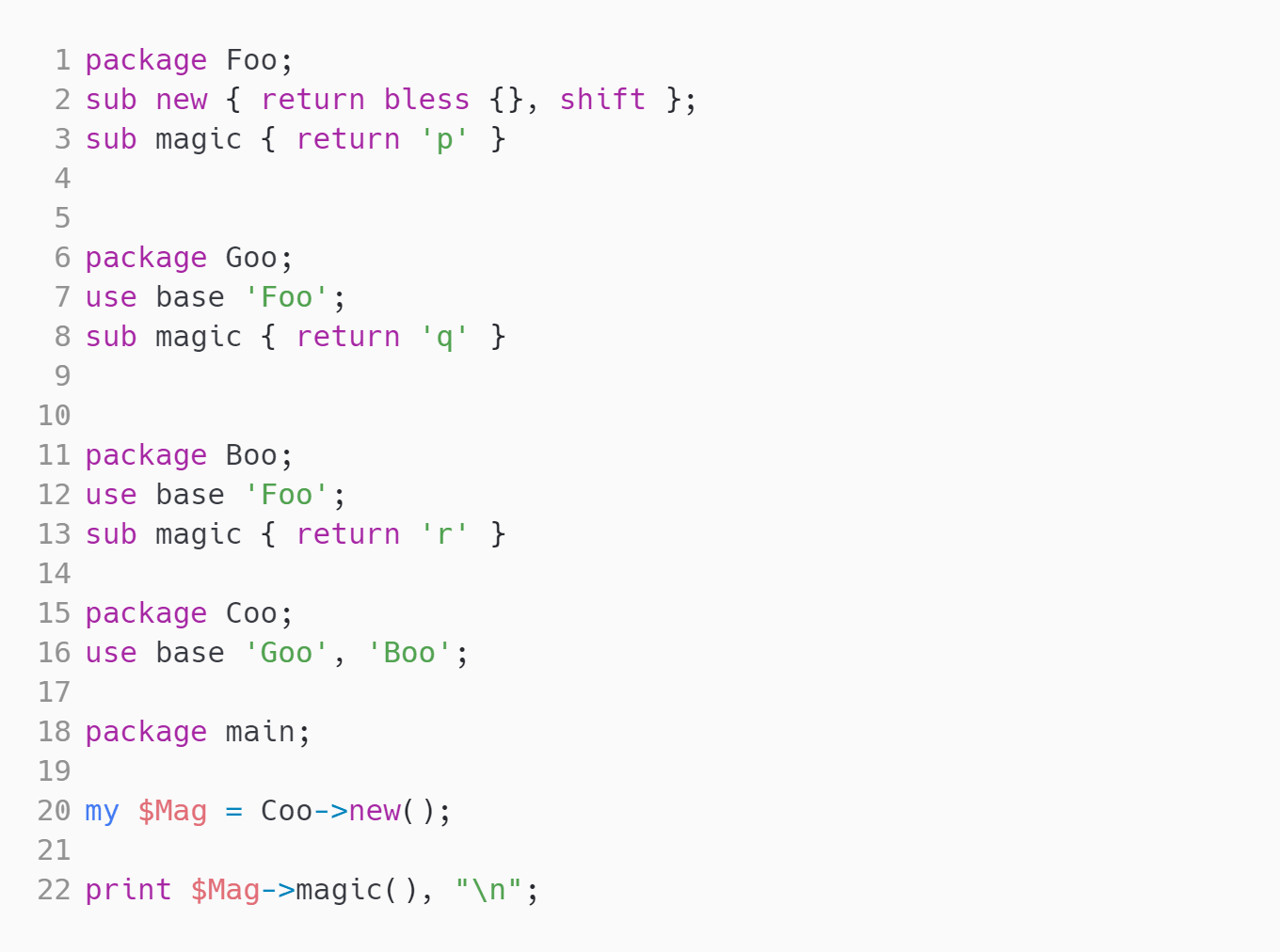Perl Programming Language: Perl is a high-level, general-purpose programming language mainly used for automation, system administration, and web development. It is known for its powerful text processing capabilities, making it ideal for tasks such as parsing files and manipulating strings. Assessing Perl programming skills in this test helps evaluate a candidate's ability to write efficient, reliable, and maintainable code in Perl.
Perl Syntax and Data Types: Understanding Perl syntax and data types is essential for writing correct and readable Perl code. This skill involves gaining knowledge about the different types of data that can be used in Perl, such as scalars, arrays, and hashes, as well as understanding the syntax rules and conventions of the language.
Perl Control Structures: Control structures allow programmers to dictate the flow of execution in a program. Testing candidates on their knowledge of Perl control structures ensures that they can effectively use constructs like if-else statements, loops, and switch statements to create logical and efficient code.
Perl Regular Expressions: Regular expressions are powerful tools for pattern matching and text manipulation in Perl. Assessing candidates' skills in Perl regular expressions measures their ability to write and understand complex patterns, perform string substitutions, and extract specific information from text.
Perl File Handling: File handling skills are crucial for tasks such as reading from and writing to files in Perl. Candidates who have a good understanding of Perl file handling will know how to open, read, write, and close files, as well as handle errors or exceptions that may occur during these operations.
Perl Modules and Packages: Perl modules and packages allow programmers to create reusable and modular code. Assessing candidates' knowledge of Perl modules and packages ensures they can properly organize their code, make use of existing modules, and create their own reusable components for better code maintainability and reusability.
Perl Object-Oriented Programming: Object-oriented programming (OOP) is an important paradigm in Perl for creating and organizing code in the form of objects, which encapsulate data and behavior. Evaluating candidates' skills in Perl OOP involves assessing their ability to create classes, define methods, handle inheritance, and apply OOP principles to solve problems.
Perl Database Connectivity: Perl's database connectivity capabilities allow programmers to interact with databases, perform queries, and retrieve or modify data. Testing candidates on Perl database connectivity measures their ability to establish connections, execute SQL statements, handle transactions, and effectively work with databases within Perl applications.
Perl Web Development: Perl is widely used in web development for tasks such as building dynamic websites, handling form data, and interacting with web servers. Evaluating candidates' skills in Perl web development ensures they can use the appropriate frameworks and libraries, work with web protocols, handle sessions, and create web applications using Perl.
Perl Debugging and Error Handling: Debugging and error handling skills are essential for finding and fixing issues in Perl code and handling errors gracefully. Testing candidates on Perl debugging and error handling assesses their ability to identify and resolve bugs, use debugging tools effectively, and implement robust error handling strategies to enhance the reliability and maintainability of their code.






















































